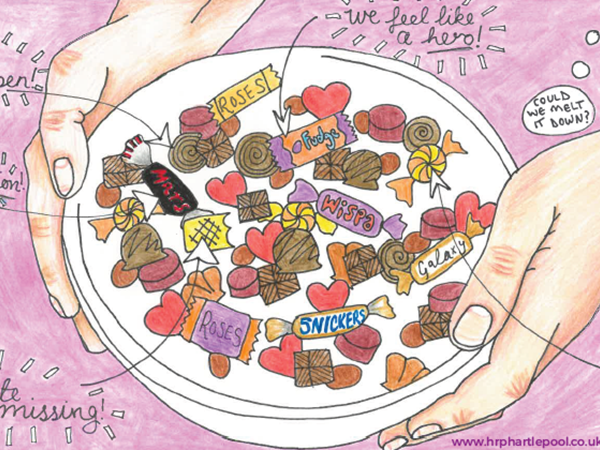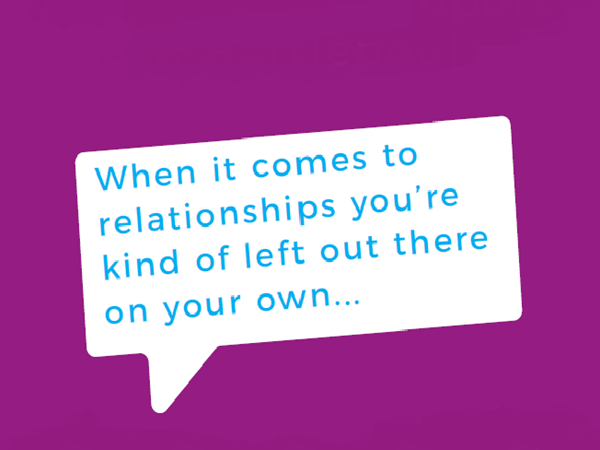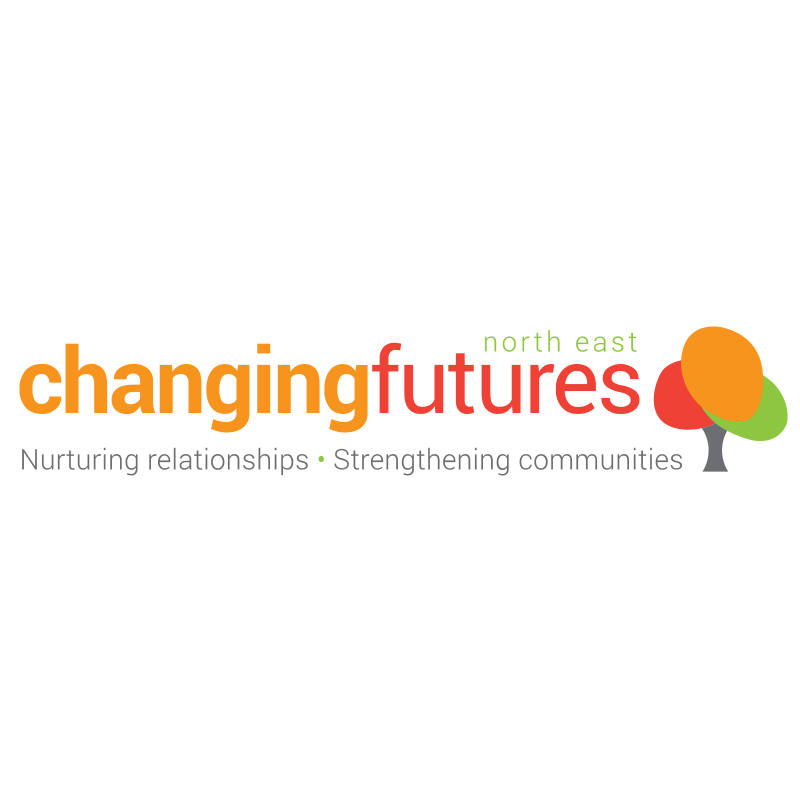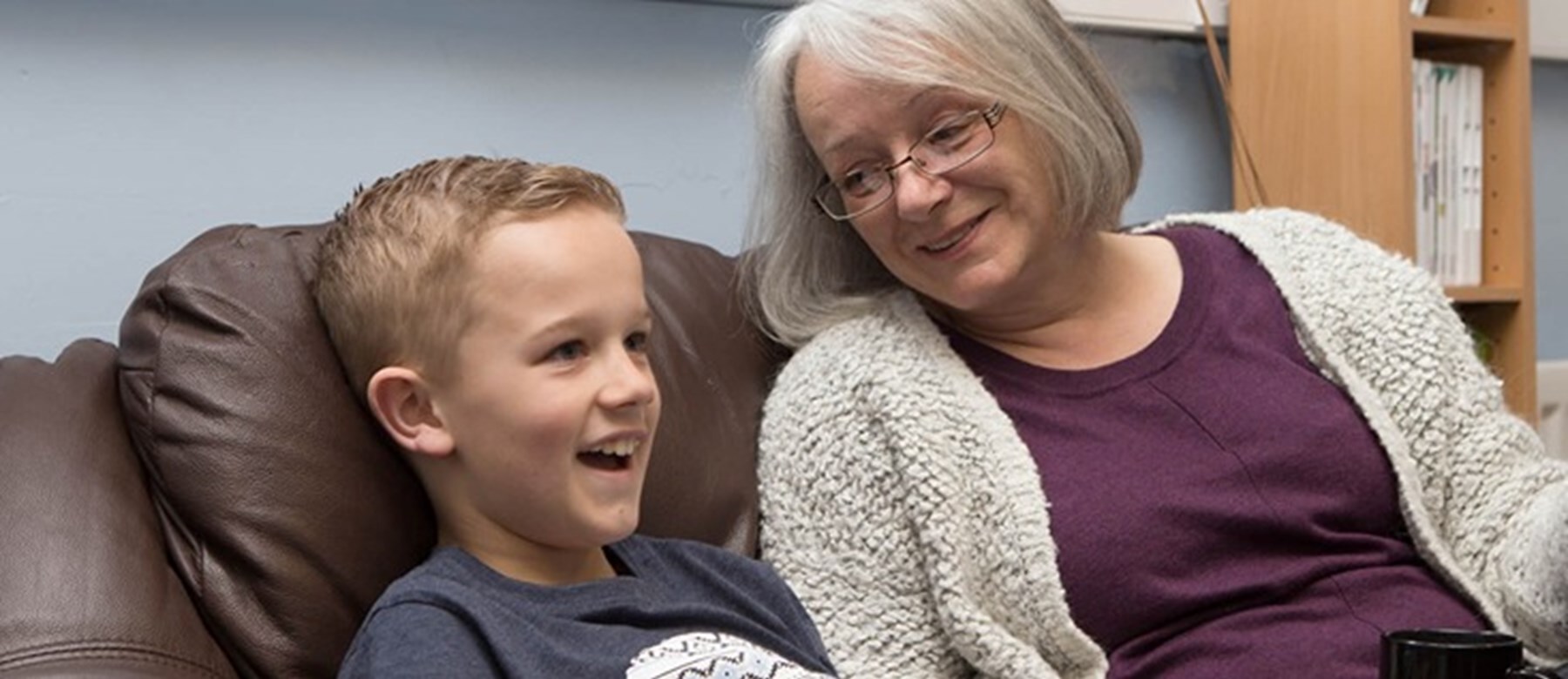
Our Learning
We can learn and achieve more together than apart
We work as part of four major partnerships in Hartlepool.
We joined two of these in 2019. We host the Relationships Matter in Schools Partnership. We set this up in 2020.

A new six top tips for changing how organisations work for the benefit of children and families are:
- Collect and use real people’s stories. We used social media to shine a light on success stories from the workforce and from parents’ perspectives. We talked to families about their experiences of help seeking and “services”. We brought things to life in peoples’ minds. Often change can be made because of how you make people feel and stories do this in a way that dry statistics can’t.
- Work across organisational levels. We didn’t just attempt to work with strategic groups, but engaged practitioners working directly with families too. Often, they are well placed to initiative change and convince others in their organisations of the vale of new ways of working.
- Strengths based practice applies to working with workers in systems, as well as families. Workers in jobs are people too and often come under a lot of criticism for things not working. It can help to shine a light on and celebrate good practice and talk about how this can grow and spread.
- Sometimes we need to get started on initiatives and ask people to join the show. There’s a tension in change work between enabling and doing – too much of either and the change fails to belong to the system or get started. Constant attention to this tension is needed.
- Inspiration often comes from within the system or from people of similar professional backgrounds to those you’re trying to work with. Seeking out champions for the work and enabling their voice to be magnified and their story engaged with is more effective than an outsider shouting from a platform.
- Flex and change and don’t be dogmatic. You need to help the system with the problems its facing which might not always be directly linked to your change goals. Doing this sometimes helps build the foundations that will better enable your goals, and will help with building relationships and trust with actors in the system.
Accessing HRP Learning
In March 2021 the first five year phase of this Early Help project completed. The learning from these five years are featured below and you are welcome to share them widely!
Creating Lightbulb Moments: Evaluation of the Impact of Reducing Parental Conflict Training

Some people who live in violent relationships want the relationship to continue but want the violence to stop.
A new couple’s therapy for couples in conflict, and sometimes living with violence, was delivered in London. It was delivered by Harrow Council and the Tavistock Centre for Couple Relationships.
We offered this in Hartlepool. We found:
- The therapy can make the most vulnerable people in the family, usually women and children, safer; it can help reduce violence and improve how couples manage conflict
- It works best where it’s well understood and supported by other agencies working with the family
- It can engage couples who will not engage with domestic violence services, or haven’t found the help they’ve had before to be helpful enough
A carefully risk assessed and risk managed couples’ therapy can help and should sometimes be considered.
We suggest that anyone delivering this work should be very experienced. They should work with their local domestic violence agency and local council or health authority to make sure it is as safe as it can be. They should work with them to screen out people who might be put at more risk by couples’ therapy.
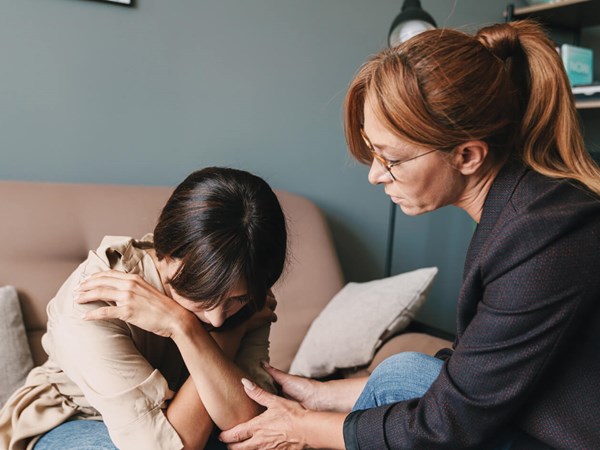
Organisations thinking and working together and sharing learning make a bigger difference than acting alone. We share our learning widely:
Case studies or discussion about our work has been published in ‘From Tiny Acorns: Communities shaping the future of children’s services’ by the New Local Government Association in 2019. You can read it here.
In the last few years, we have shared our learning with:
- The Reducing Parental Conflict partnerships in North East England
- Hartlepool’s voluntary sector networks and collaboratives
- Barnsley Early Help service
- Leeds Reducing Parental Conflict programme
- Northumberland Reducing Parental Conflict contract area
- The National Early Intervention Foundation Reducing Parental Conflict Conference
In the last few years, we have shared our learning with:
- Barnsley Early Help service
- Leeds Reducing Parental Conflict programme
- Northumberland Reducing Parental Conflict contract area
- The National Early Intervention Foundation Reducing Parental Conflict Conference
- Agencies involved in Hartlepool’s Healthy Relationships Network, Healthy Relationships reference group, Children’s Strategic Partnership
- Hartlepool’s Domestic Violence and Abuse Strategy Group
- The New Local Government Association
- The All Party Parliamentary Group on Strengthening Couple Relationships

